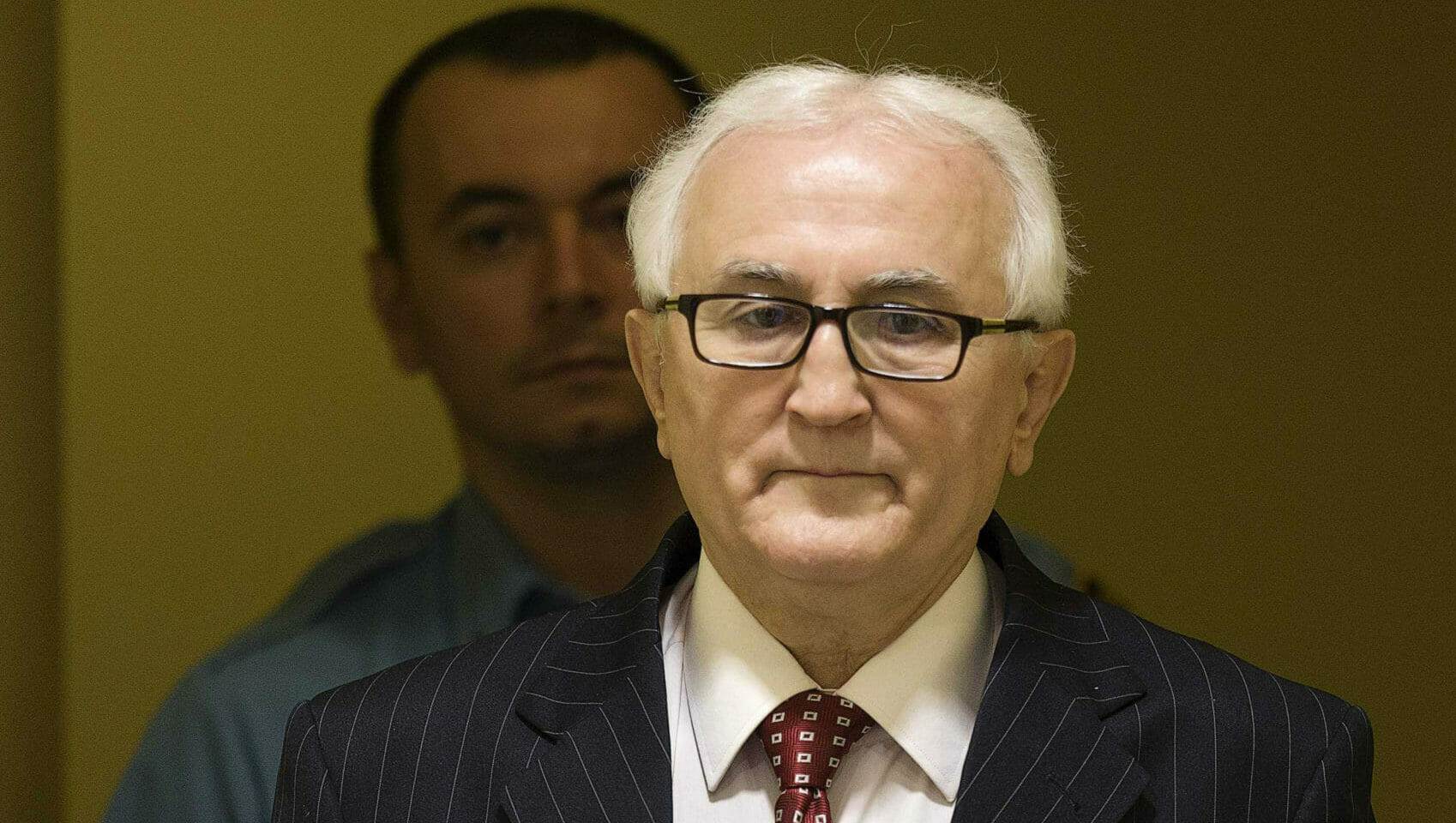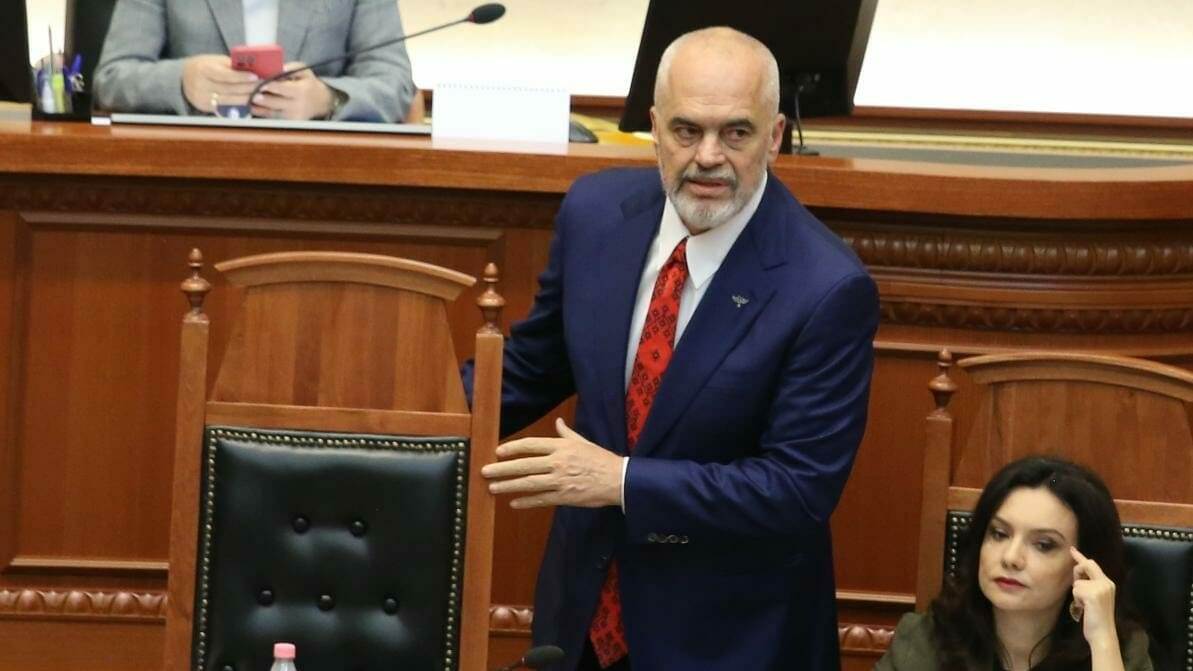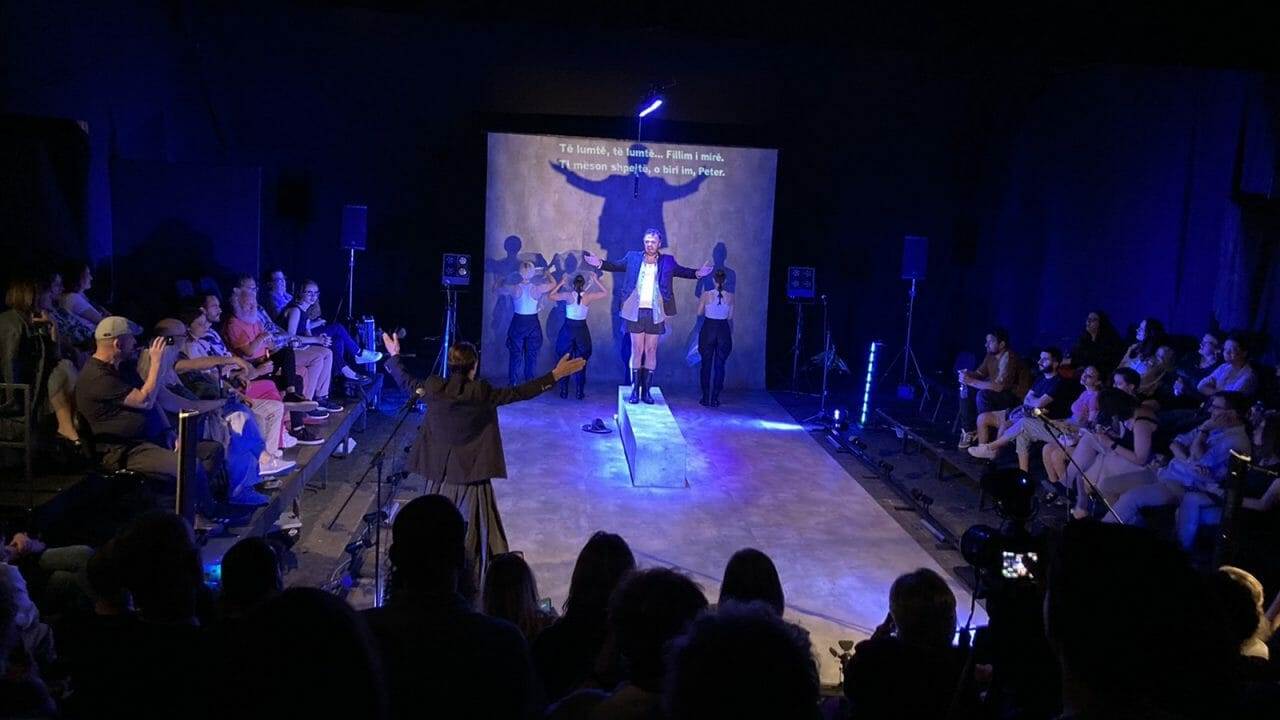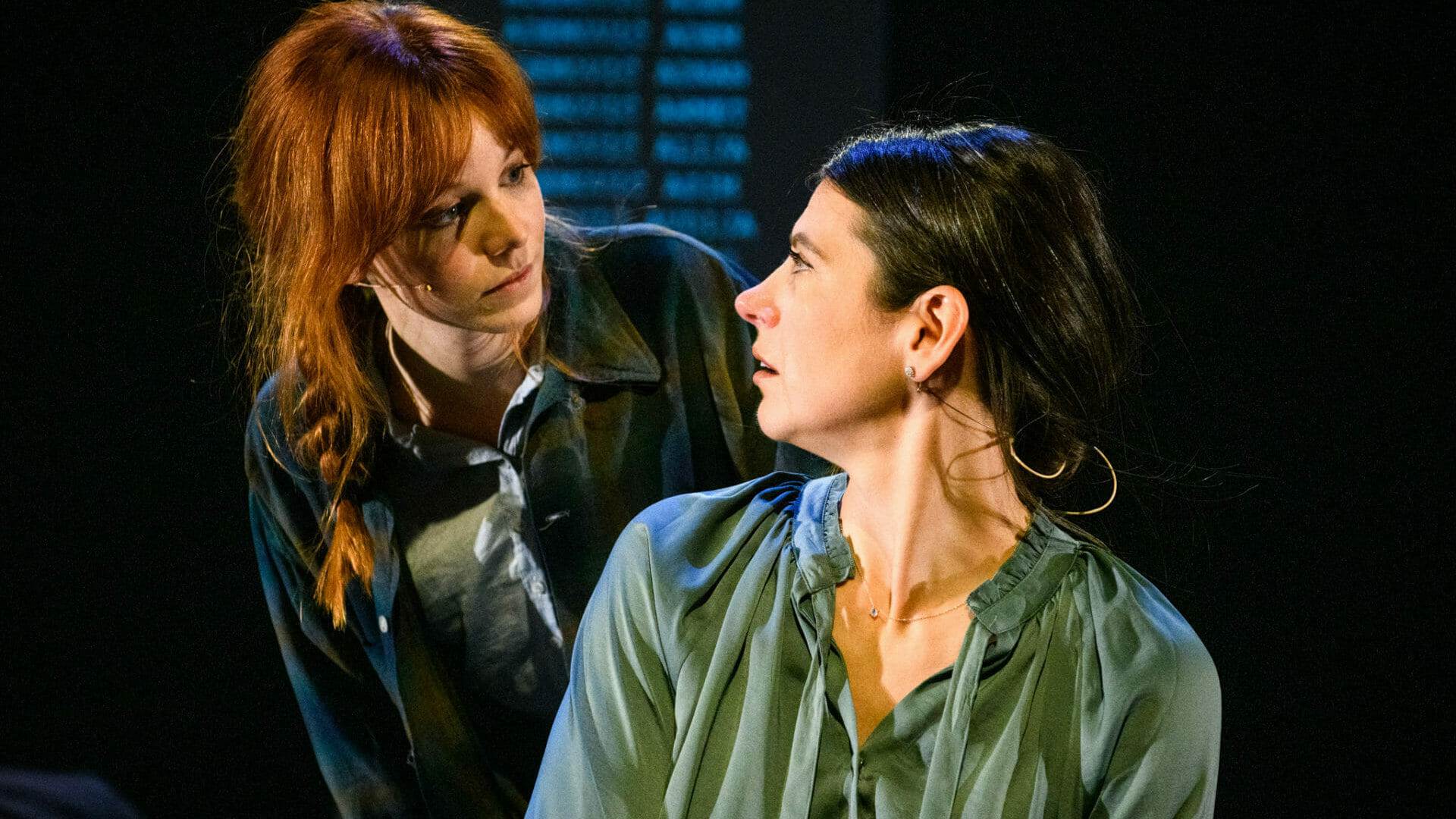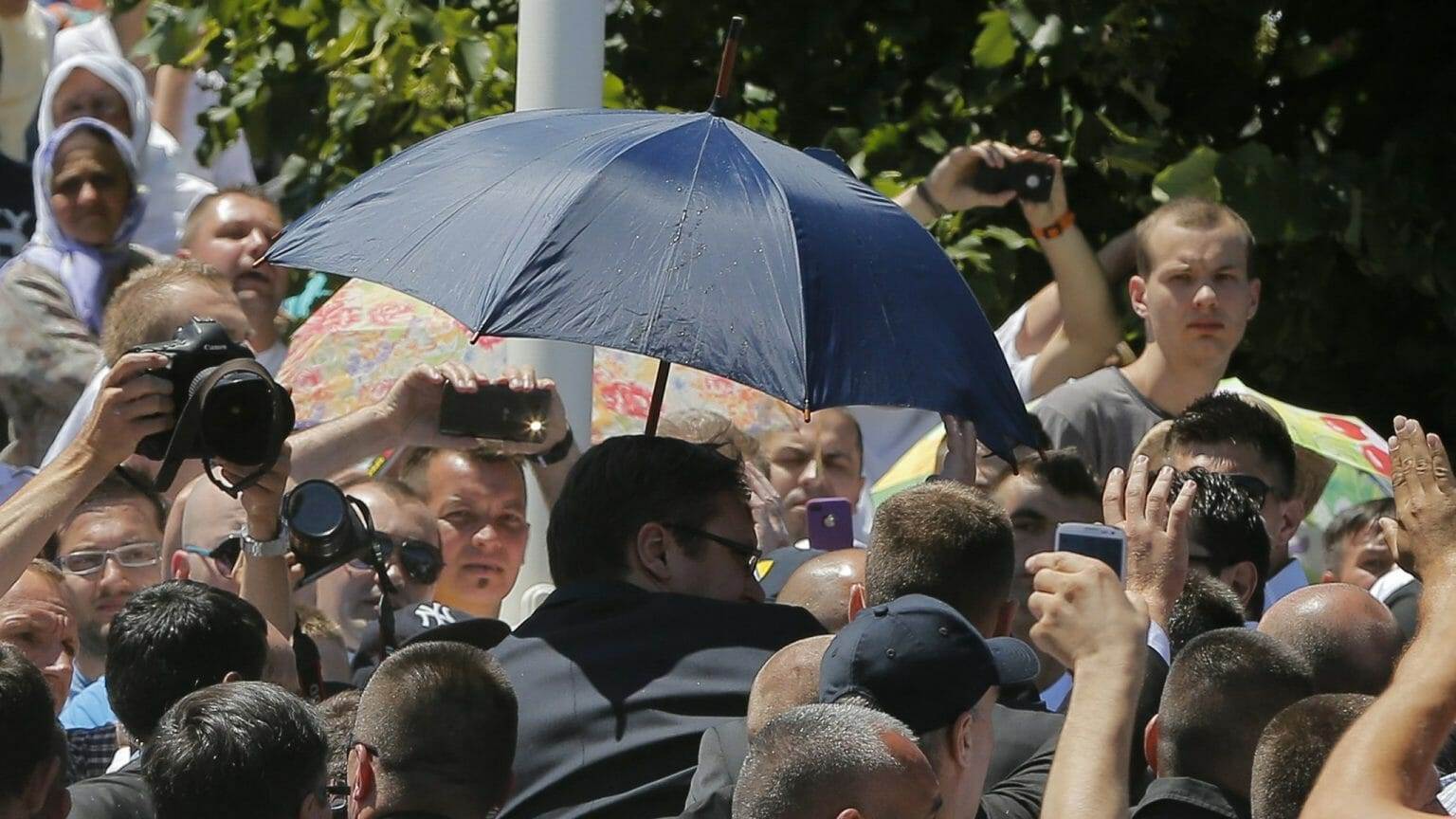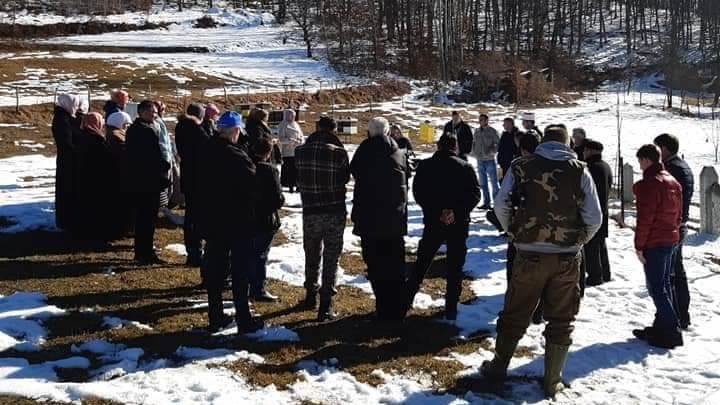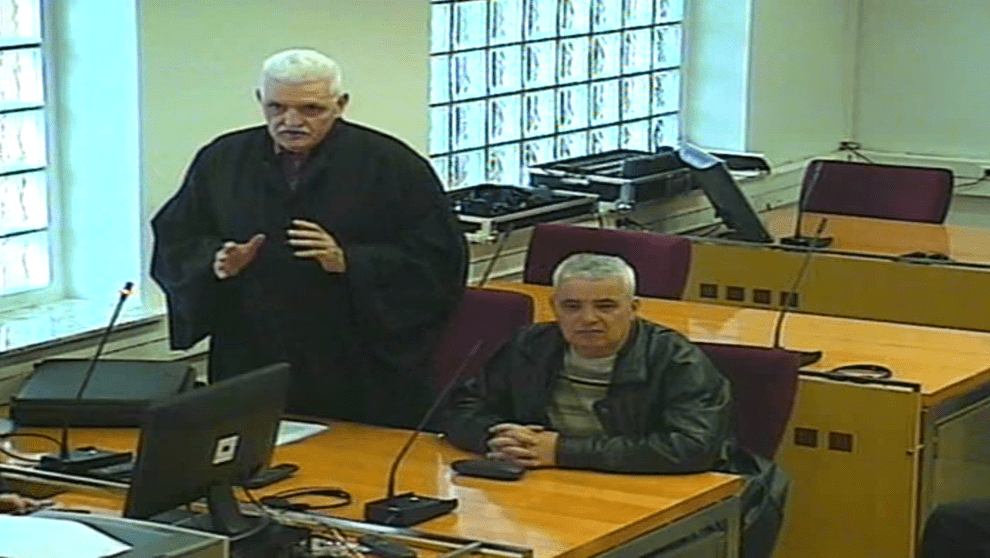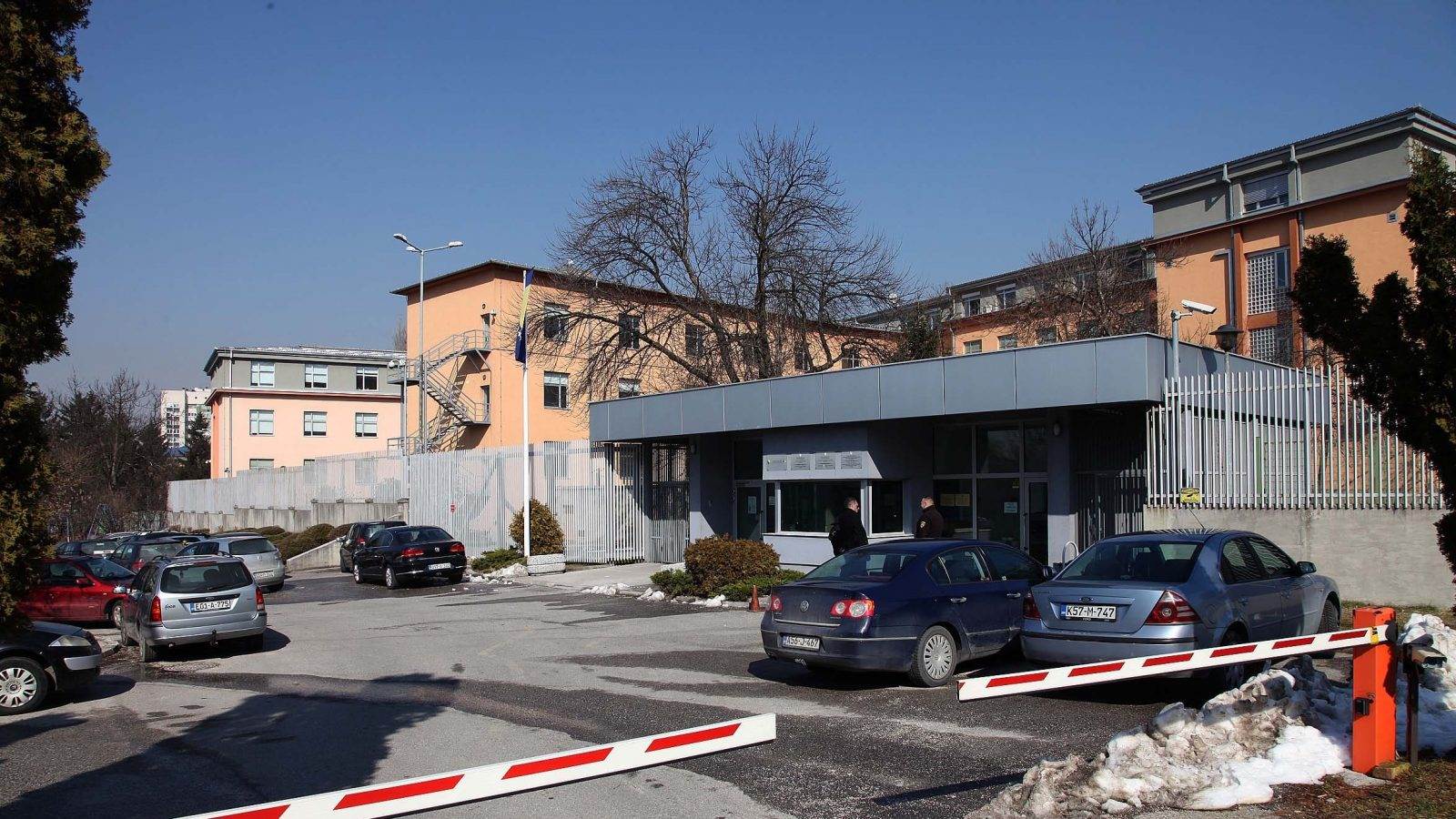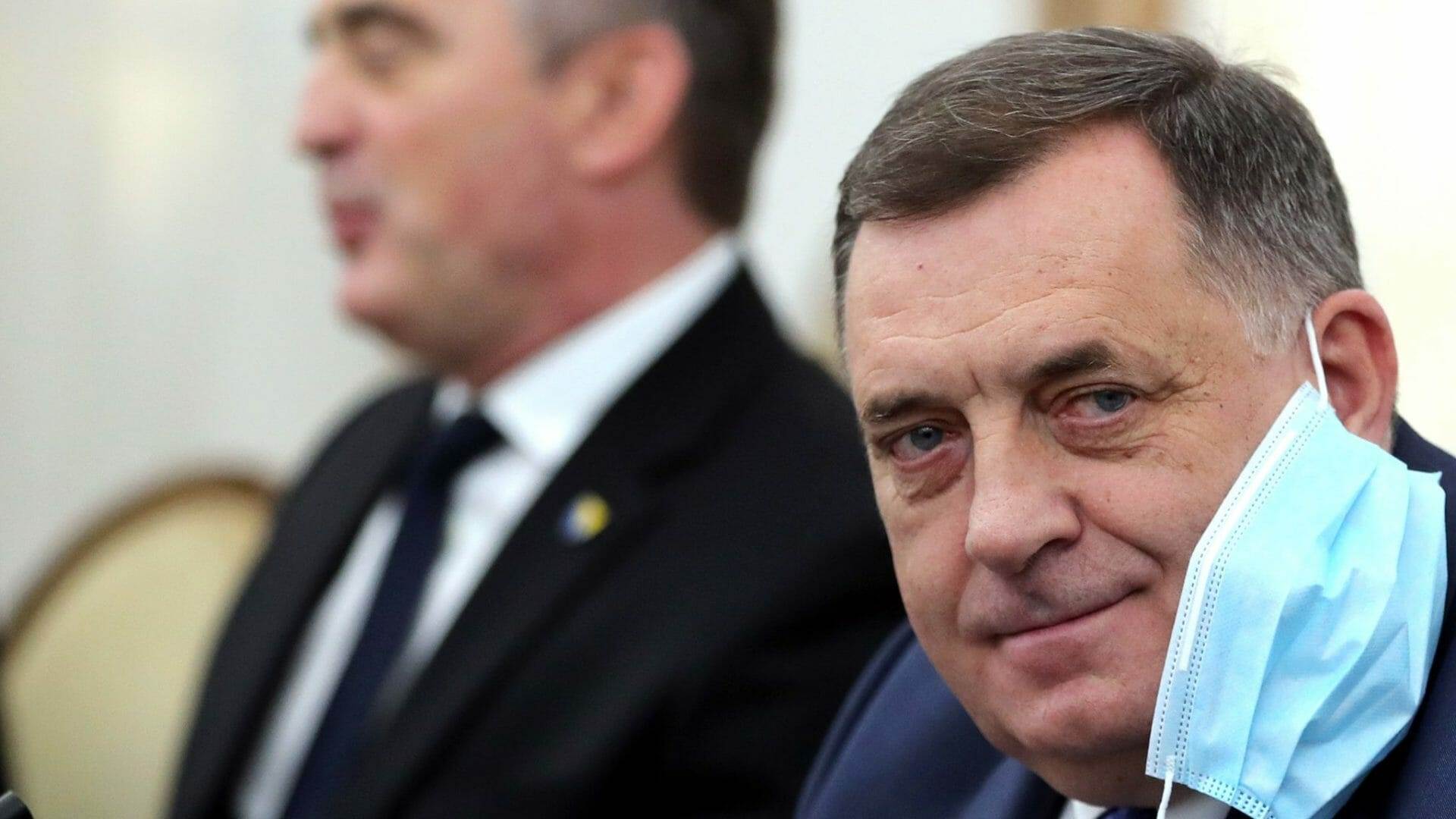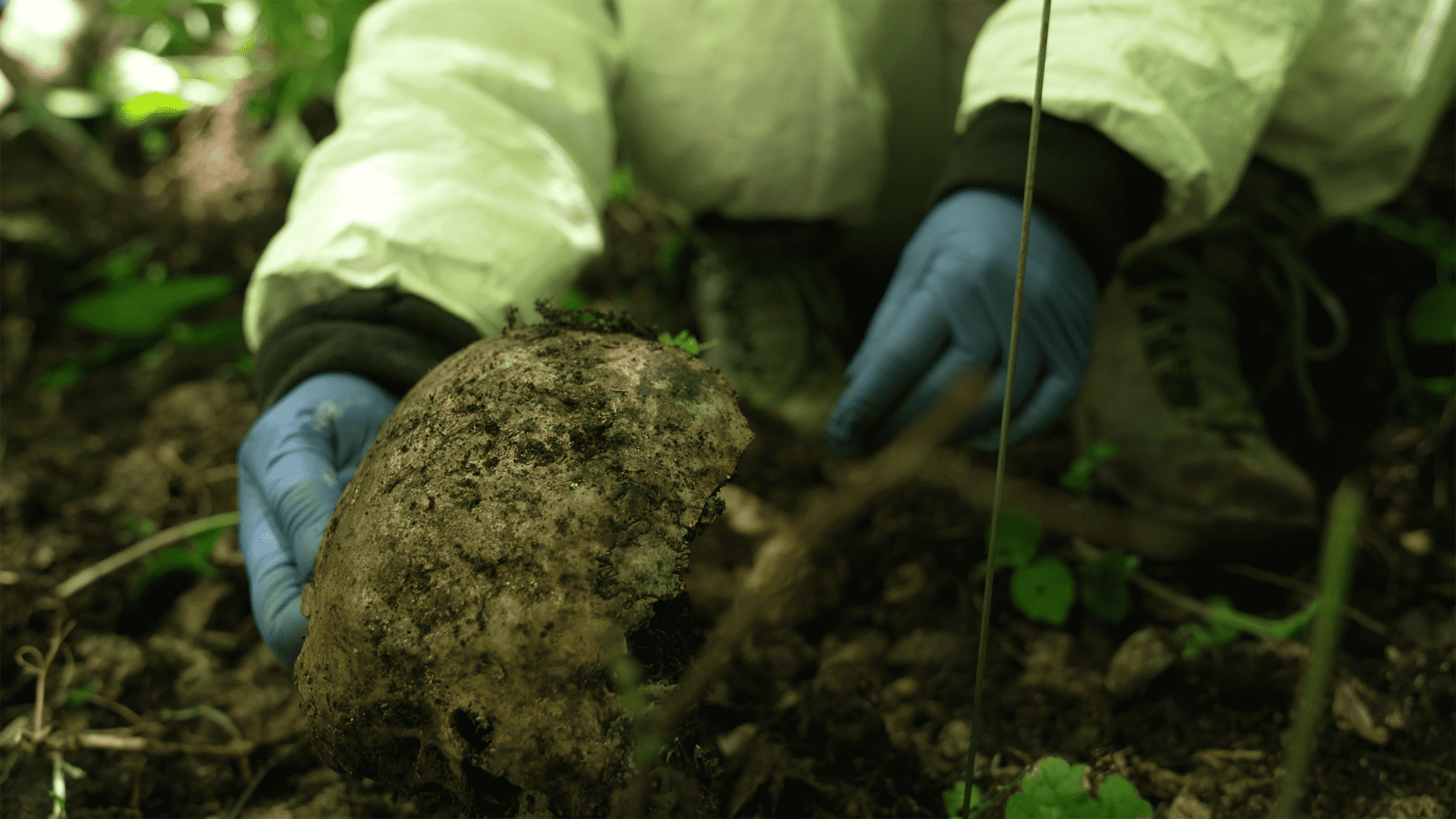The Hague-based court denied a request for early release from Bosnian Serb general Radivoje Miletic, who is serving an 18-year sentence for committing crimes against humanity in Srebrenica in 1995.
After facing uproar for rejecting a proposed parliamentary vote to condemn the Srebrenica genocide, Albania’s governing Socialist Party has put forward its own resolution for MPs to approve.
With a cast and crew from across the Balkans, Italy and France, a new play takes on the controversy surrounding Peter Handke’s 2019 Nobel Prize for Literature and asks, ‘Can...
‘Dangerous Names’, a play about the 1995 genocide whose leading roles are played by a Srebrenica survivor and a former Dutch peacekeeping soldier, was given its Bosnian premiere in Sarajevo.
Policemen Milan Dumanovic and Mladen Trbovic were cleared of disclosing an official secret when they spoke publicly about covertly recording a Srebrenica genocide commemoration in 2015, when Serbian leader Aleksandar...
Villagers in Poljak, near Srebrenica, commemorated the 29th anniversary of an attack by Serb forces that left 21 people dead, including two children - for which no one has yet...
Former Bosnian Serb Army soldier Rade Garic’s sentence for persecuting Bosniaks from the Vlasenica and Srebrenica areas in 1992 and 1995 was reduced on appeal from 20 years to 17...
Milenko Zivanovic, a former general and commander of the Bosnian Serb Army’s Drina Corps, was charged with directing armed units that attacked Bosniak civilians in the Srebrenica and Zepa areas...
Legal changes banning the denial of genocide, imposed by Bosnia and Herzegovina’s top international official, caused the Bosnian Serb leadership to threaten to pull out of the country’s tax system,...
Grave site containing ten bodies, the furthest ever found from Srebrenica, lies in zone where Serbian Scorpions unit once operated.

